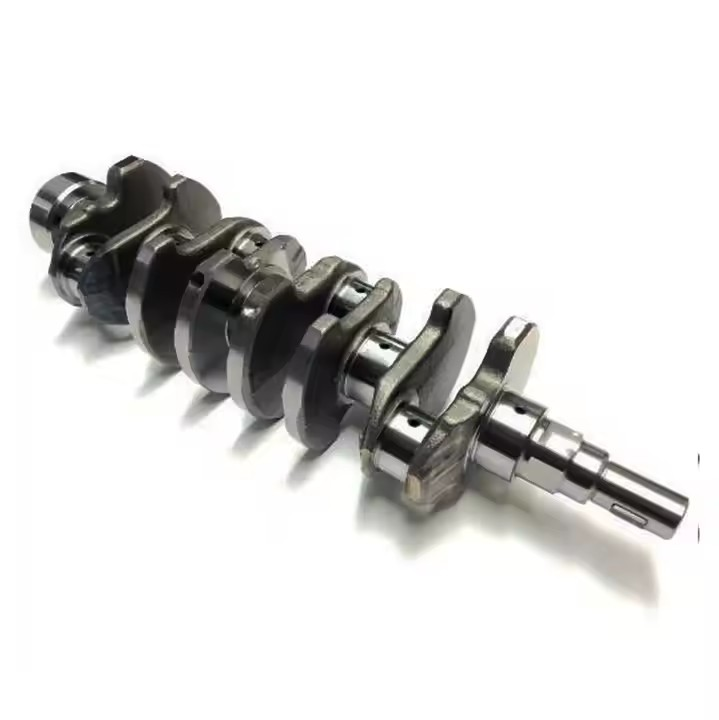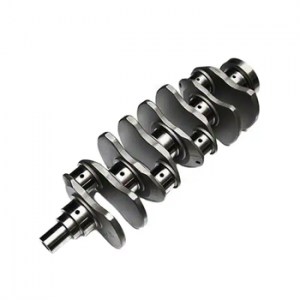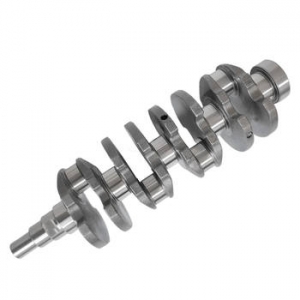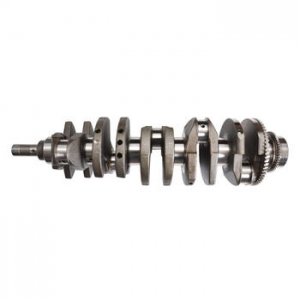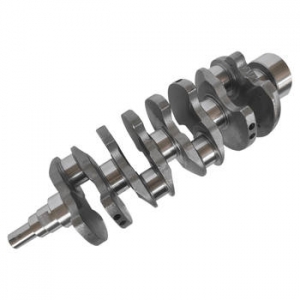Your Hyundai's crankshaft is a critical component of its engine, responsible for converting the linear motion of the pistons into rotational motion, which ultimately powers your car. Proper maintenance of your crankshaft is essential for ensuring the longevity and performance of your vehicle.
Understanding the Importance of Your Hyundai's Crankshaft
The crankshaft is a vital component of your Hyundai's engine, responsible for transmitting power to the transmission and ultimately to the wheels of your car. A damaged or worn-out crankshaft can cause a variety of issues, including decreased performance, reduced fuel efficiency, and even engine failure.
Regular Oil Changes
One of the most critical aspects of maintaining your Hyundai crankshaft is to ensure that your engine is properly lubricated. This is done by changing your oil regularly, typically every 3,000 to 5,000 miles, depending on your vehicle's make and model. Fresh oil provides the necessary lubrication to reduce friction and wear on the crankshaft, ensuring that it operates smoothly and efficiently.
Checking Oil Levels
In addition to changing your oil regularly, it's also crucial to check your oil levels frequently. Low oil levels can lead to increased friction and wear on the crankshaft, which can cause permanent damage. Check your oil levels at least once a month, or more frequently if you notice any issues with your engine's performance.
Inspecting Your Crankshaft Regularly
Another key aspect of maintaining your Hyundai crankshaft is to have it inspected regularly by a professional mechanic. During an inspection, your mechanic can check for signs of wear and tear, such as cracks or chips, and ensure that the crankshaft is properly aligned and balanced. Regular inspections can help you catch any issues early, before they become more significant and expensive to repair.
Listening for Unusual Noises
Unusual noises coming from your engine, such as knocking or tapping sounds, can be a sign of a problem with your crankshaft. These noises can be caused by a variety of issues, including worn-out bearings or damaged seals. If you notice any unusual noises coming from your engine, it's important to have it inspected by a professional as soon as possible.
Replacing Worn-Out Parts
Finally, if your Hyundai crankshaft has sustained significant wear and tear, it may be necessary to replace certain parts. For example, if the bearings are worn out, they can cause excessive friction and heat, which can damage the crankshaft. By replacing worn-out parts promptly, you can prevent further damage and keep your engine running smoothly.
By following these tips and best practices for maintaining your Hyundai crankshaft, you can ensure that your engine is running at peak performance and help prevent costly repairs down the line. Regular oil changes, inspections, and replacement of worn-out parts are all essential for keeping your crankshaft in good condition and maximizing the longevity and performance of your vehicle.

